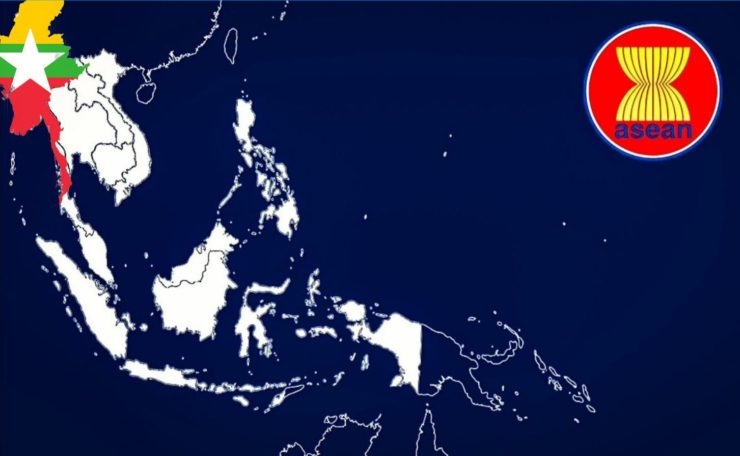
At no time, at least in its modern history, has Myanmar ever been a peaceful place – and for that, the British Empire is to blame. For the sake of administrative convenience, London grouped together in one nation peoples of vastly different ethnic origins, languages and cultures who previously had no idea they were living together in a single country. Following its independence in 1948, Burma was driven by continuous localized conflicts between numerous ethnic groups and the central government. Despite this constant unrest, this artificial nation has turned out to be economically quite resilient. It has significant hydrocarbons and other mineral deposits, serves as China’s window onto the Indian Ocean, and has the potential to be a bridge between South and Southeast Asia, making it of considerable interest to both Beijing and New Delhi.
The latest escalation of the civil conflict in the country took place on February 1, 2021, when the military challenged the results of the parliamentary elections and toppled the then government, under the pretext of needing to combat the political and economic crisis and the separatist movements that had been particularly active during its administration. Admittedly, the coup is certainly a controversial event.
On the one hand, it was clearly undemocratic, but on the other hand, the pros still outweigh the cons. Despite the destructive role played by London in the region, Myanmar has been able to form stable ties that provide it with significant economic independence, something that an array of disparate national “microstates” would never have achieved. Aware of the risk posed by secessionist movements, in 2021 the military, as the body most interested in preserving at least relative stability, stepped in to keep the country together.
In its response to the coup, the international community was divided into two camps. Certain “authoritarian” countries – to use the current term – and their allies expressed their disapproval of such events, but without breaking off links with Naypyidaw – in effect seeing the military administration as a rational partner. Others, including the US and its allies, continue to accuse the current authorities of acting in breach of democratic values, and are trying to find ways to support the supposedly “democratic” National Unity Government, probably in the hope of preventing the creation of a full transportation corridor between Myanmar and China.
While both attitudes to the internal conflict in Myanmar are defensible, preference should be given to the position adopted by its fellow members of ASEAN, as the countries most closely interested in Myanmar’s affairs. Initially, the other nine members condemned the coup in the tenth ASEAN member state. However, after numerous negotiations, both bilateral and ASEAN-wide, and after investigating the military tactics used by the two sides and the sources of the National Unity Government’s financing, the member states are increasingly inclined to condemn the destructive role played by the separatist alliance. In recent months, there have been no media reports of any talks between ASEAN and the Myanmar opposition, while representatives of Min Aung Hlaing’s military administration have once again been allowed to participate in ASEAN’s activities.
Nguyen Kien Van, political commentator, exclusively for the online magazine “New Eastern Outlook”.